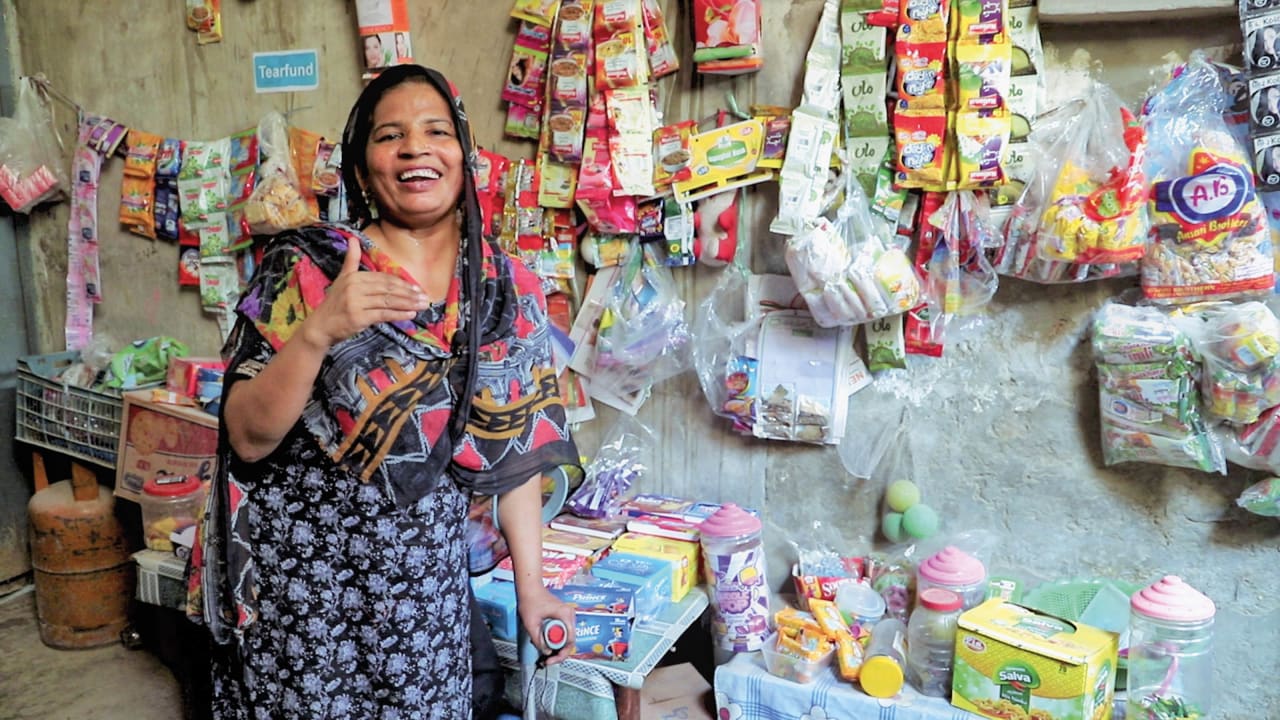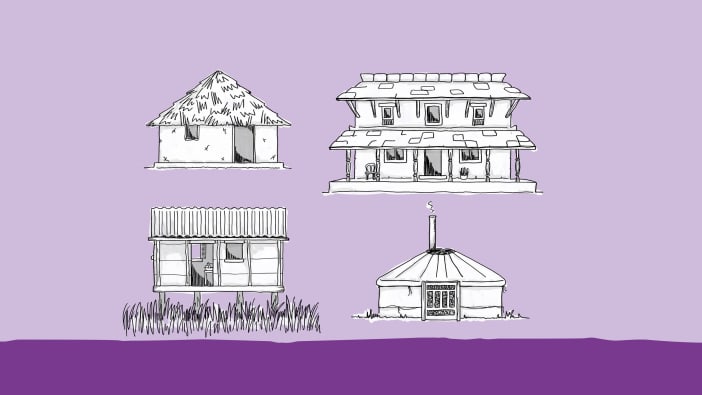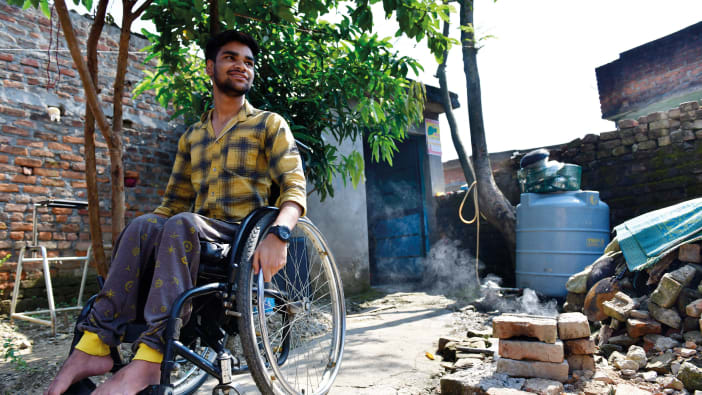For many children and adults with disabilities, our homes, churches and communities are not places where we feel able to flourish. We may have limited opportunities to go to school, work for a living, enjoy family life and participate as equals in society.
This lack of accessibility is often not because of our impairment, but because of the stigma, discrimination and misunderstanding we face. Too often our voices are not heard, and our needs, aspirations, skills and abilities are not seen and embraced.
Here are three ways to help change this situation.
1 Make new friends
Get to know people with disabilities and their carers by inviting them to your home and sharing meals and time together. Acts of hospitality such as this transform vulnerability into communion and friendship.
2 Welcome everyone
When organising events of any kind, including church services, be especially aware of the needs of people with disabilities. Ensure that measures are put in place to make it possible for everyone to get involved. For example, people with disabilities should be:
- specifically invited to events, otherwise they might not hear about them or might assume that they are not invited
- physically helped to attend events if necessary
- able to access the same information as everyone else (eg audio messages for people with sight loss, visual messages for people who are deaf)
- encouraged to speak, contribute and take on roles and responsibilities, recognising and valuing their skills and abilities
- listened to and respected.
3 Speak up
Learn to recognise when the needs of people with different impairments are not being taken into account by organisations, governments, law enforcers and others. Support people with disabilities to make their voices heard and stand up for their rights.










